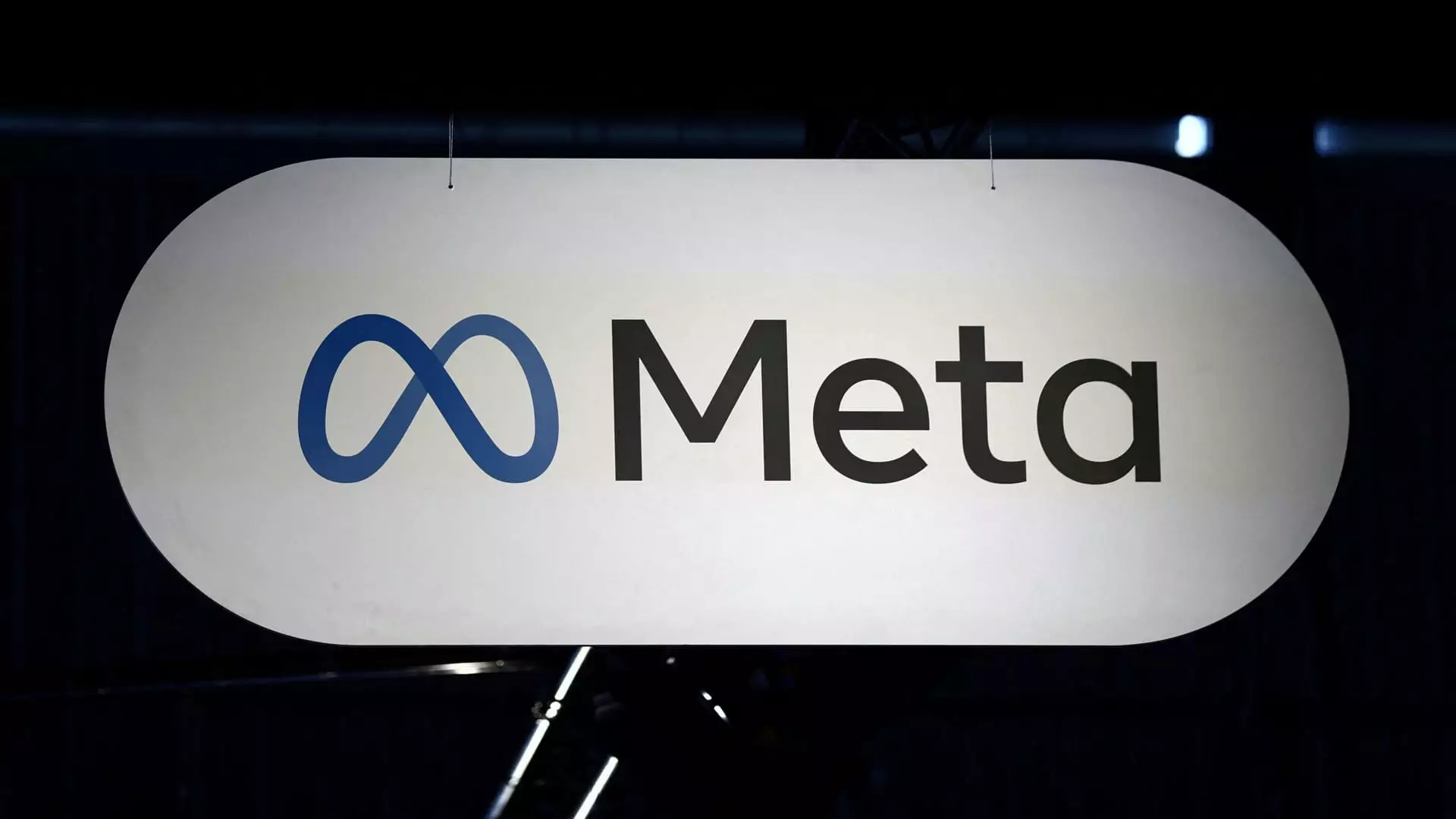Meta Platforms, long known for its aggressive pursuit of artificial intelligence breakthroughs, has suddenly halted hiring within its AI division—a move that surprises many industry insiders. Once characterized by a relentless expansion aimed at pioneering superintelligent systems, Meta’s pause indicates a turning point, raising questions about its long-term vision and financial prudence. The decision effectively marks the end of a spending spree that saw the company’s talent acquisition and R&D costs skyrocket in recent months. This pivot suggests a more cautious, perhaps even skeptical, approach towards AI ambitions that previously seemed insatiable.
Unlike the high-profile, exuberant hiring campaigns—offering up to $100 million signing bonuses and acquiring major startups like Scale AI—Meta now appears to be stepping back from the gas pedal. This indicates a recognition that pouring billions into talent and infrastructure without strategic oversight may have been unsustainable or poorly aligned with the company’s broader financial health. Such a move hints at a maturing phase where Meta is reevaluating whether its previous relentless pursuit is justified or if it was driven more by competitive bravado than pragmatic expectations.
Is Meta’s AI Strategy Overreach or a Necessary Realignment?
Critics might argue that Meta’s pause looks like a moment of weakness, a sign that it overextended itself into the AI arms race without clear, measurable results. The creation of four specialized teams within its “Meta Superintelligence Labs” underscores its ambition, but high costs—especially the stakes in building superintelligence—pose significant risks. Investing heavily in long-term projects and major acquisitions like Alexandr Wang’s Scale AI was undoubtedly bold, but also perilous given the current market volatility and skepticism about AI bubble fears.
However, from a broader perspective, this shift could be viewed as a strategic recalibration. Meta recognizes that rushing headlong into superintelligence development without first ensuring stability and a clear return on investment is reckless. The current AI landscape is riddled with uncertainties, and a premature push could jeopardize the company’s core business. By pausing hiring and restructuring its teams, Meta is arguably laying the groundwork for more sustainable innovation—focusing on solidifying its existing AI infrastructure rather than chasing fleeting headlines.
The Broader Context: Tech Stocks, AI Hype, and Market Realities
Meta’s AI pause coincides with a broader cooling-off in tech stocks, as investor sentiment shifts amidst fears that the AI hype may be exaggerated. Prominent voices like OpenAI’s Sam Altman suggest that AI is experiencing a bubble, fueling skepticism about the sector’s exponential growth narratives. Yet many analysts and industry veterans dispute this narrative, asserting that AI is at the dawn of a transformative era and that current stock valuations are undervalued.
This divergence in opinions reveals a disconnect between market enthusiasm and underlying technological realities. For Meta, the decision to halt hiring could be less about retreat and more about recalibrating its resources amidst uncertain macroeconomic conditions. It signals an awareness that impulsive, high-cost investments could backfire if not carefully managed. Smart corporations realize that innovation must be tempered with financial discipline, particularly when the market is jittery and funding sources could dry up at any moment.
Meta’s recent pause in AI hiring might be misunderstood as weakness, but it more accurately reflects a maturing company recognizing the importance of strategic restraint. While its previous spending spree was bold and perhaps reckless, this new approach indicates an intention to build a more resilient, focused AI development framework—one that balances ambition with fiscal responsibility. In the high-stakes game of AI innovation, those who proceed with reckless abandon risk collapse, but those who adapt and recalibrate—like Meta—could emerge stronger, more sustainable, and better prepared for the seismic shifts ahead.

